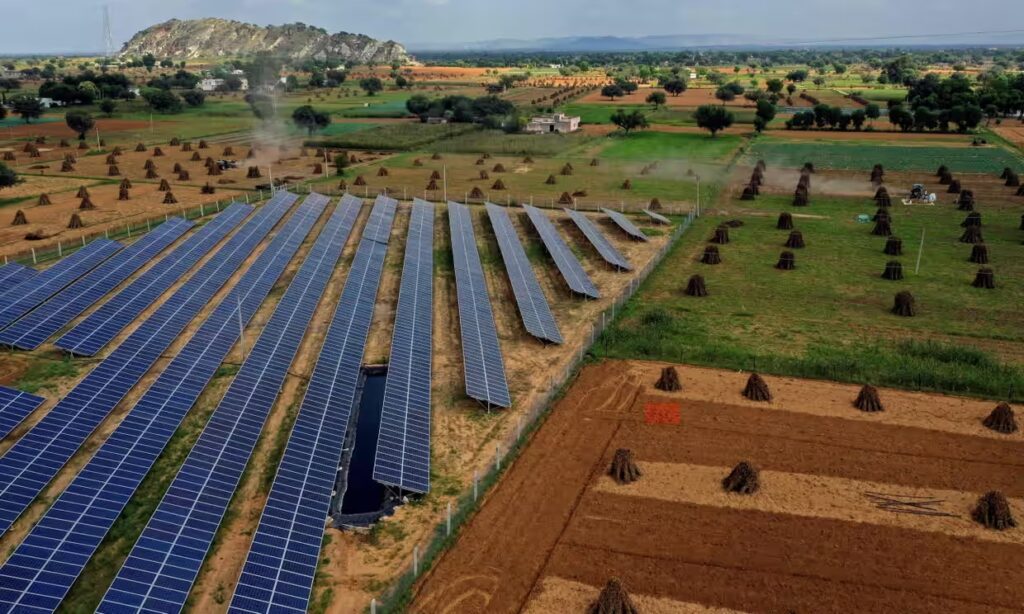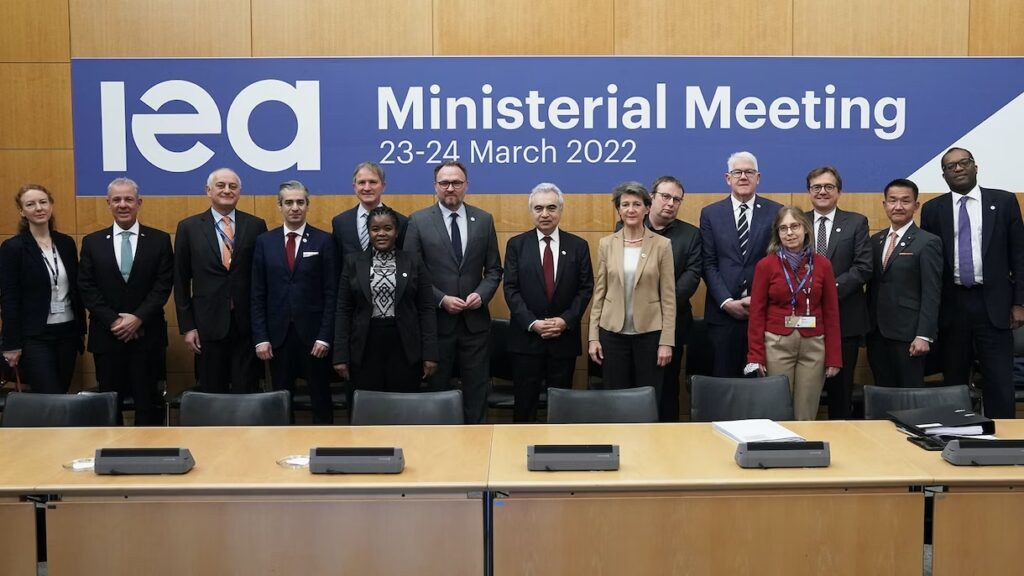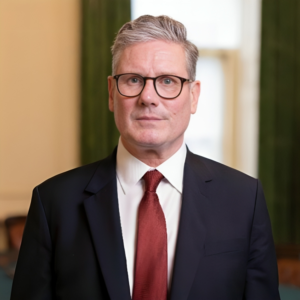
IEA Urges Urgent Global Electricity Grid Upgrade for Climate Goals
The amount of money needed must be twice as much, over $600 billion every year by 2030. This comes after a period of ten years with no growth, according to the agency.

Ministers have been told to pay attention to the need for building a huge network of new electricity grids to help countries achieve their climate goals. The head of the world’s energy watchdog,
Fatih Birol, said that we need to add or fix as much as the whole global electricity grid, which is 80 million kilometers, by 2040 to meet climate targets and have dependable power.
To reach national climate targets, the International Energy Agency (IEA) mentioned that global investments in energy grids need to double, exceeding $600 billion a year by 2030. This comes after more than ten years of no growth in global investment.

As more people adopt eco-friendly alternatives like heat pumps and electric vehicles, there’s a growing demand for electricity.
Even heavy polluting industries like steelmaking are exploring electrification to reduce their carbon footprint. In the United States, President Joe Biden’s Inflation Reduction Act has encouraged investment in renewable projects.
However, in both the US and Europe, there are concerns about challenges in connecting power generation sources to where people need electricity. This issue is causing delays and grid connection problems, frustrating renewable energy developers.
In the UK, for example, some projects face waiting times of up to 15 years, although National Grid is working to reduce these delays. Overall, the infrastructure for renewable energy needs improvement to support the transition to cleaner power sources.
The International Energy Agency (IEA) has pointed out that there’s a substantial backlog of renewable energy projects waiting for connections to national grids.
These projects have the potential to generate at least 3,000 gigawatts of power, which is five times more than the combined solar and wind capacity added globally in 2022.
IEA’s Executive Director, Fatih Birol, emphasised the need for governments to recognise that in the pursuit of clean electricity, it’s essential not only to focus on clean power generation but also on building efficient grids. Grid development has been somewhat overlooked in many government clean energy initiatives.
Furthermore, there is a worrying trend of declining grid investments in emerging and developing economies, except for China. The IEA has cautioned that delays in grid investments and necessary reforms could lead to a greater reliance on gas, resulting in increased carbon emissions.
This, in turn, could make it extremely challenging to achieve the target of limiting global temperature rise to 1.5 degrees Celsius above pre-industrial levels. To meet our climate goals, the world’s electricity usage must increase 20% faster in the next decade compared to the previous one.
The IEA recommends that governments support the expansion of supply chains and provide additional training for grid upgrades. They also suggest improving coordination between grid upgrade planners and renewable projects, enhancing public engagement in the planning process, and using digital tools to manage the intermittency of renewable energy supply.
In the UK, the National Grid has proposed a significant £54 billion upgrade to the electricity network to accommodate the growth of offshore wind energy, which is the largest investment since the 1960s.
However, there were concerns when a recent energy auction failed to secure contracts for new offshore wind farms, leading to criticism of the government’s approach, particularly Rishi Sunak’s government.
Additionally, Fatih Birol, the head of the IEA, warned against expanding fossil fuel production, citing economic risks. He also mentioned that oil prices have risen due to recent events, and the IEA is prepared to intervene in case of disruptions in oil markets.
Never miss any important news. Subscribe to our newsletter.
Related News


British Investor Who Predicted US Slump Warns of Next Crash

I’m a Death Doula: 4 Reasons I Believe Death Isn’t the End


Tech to Reverse Climate Change & Revive Extinct Species

AI Unlocks the Brain’s Intelligence Pathways

XPENG Unveils Iron Robot with 60 Human-like Joints

Can AI Outsmart Humanity?

11 ChatGPT Prompts to Boost Your Personal Brand

Keir Starmer Hints at Possible Tax Hikes on Asset Income

Navigating the Future of AI: Insights from Eric Schmidt
